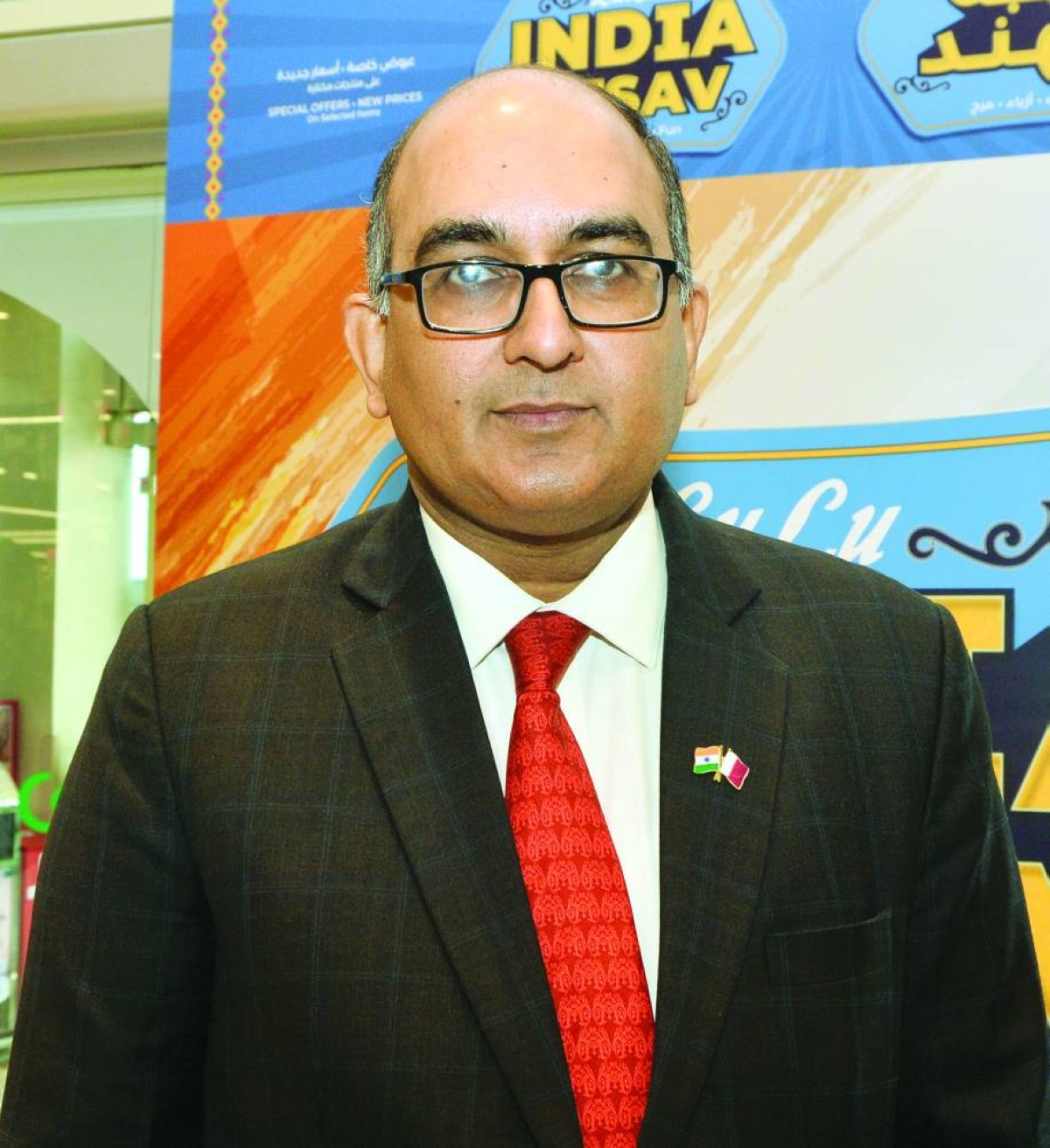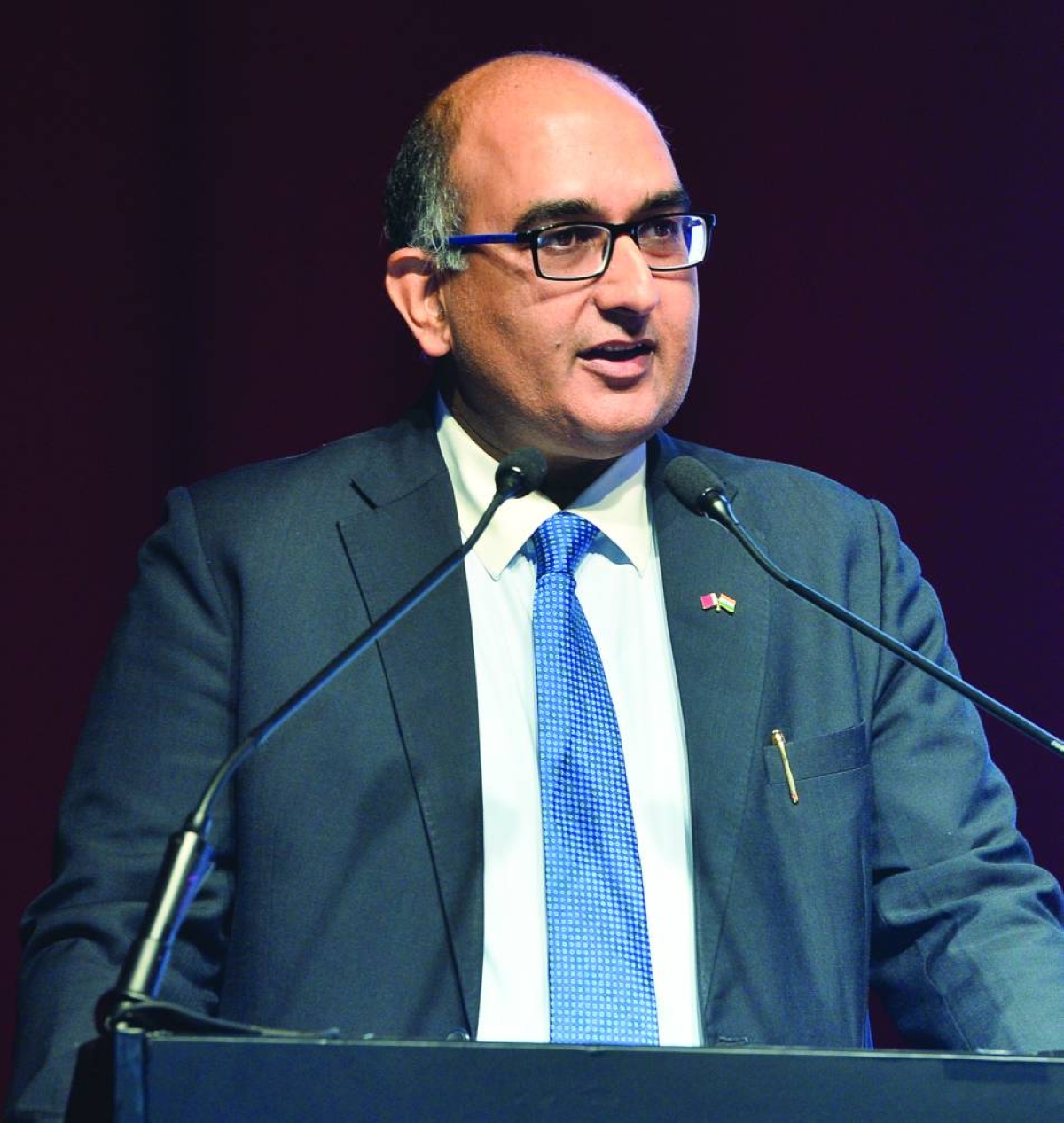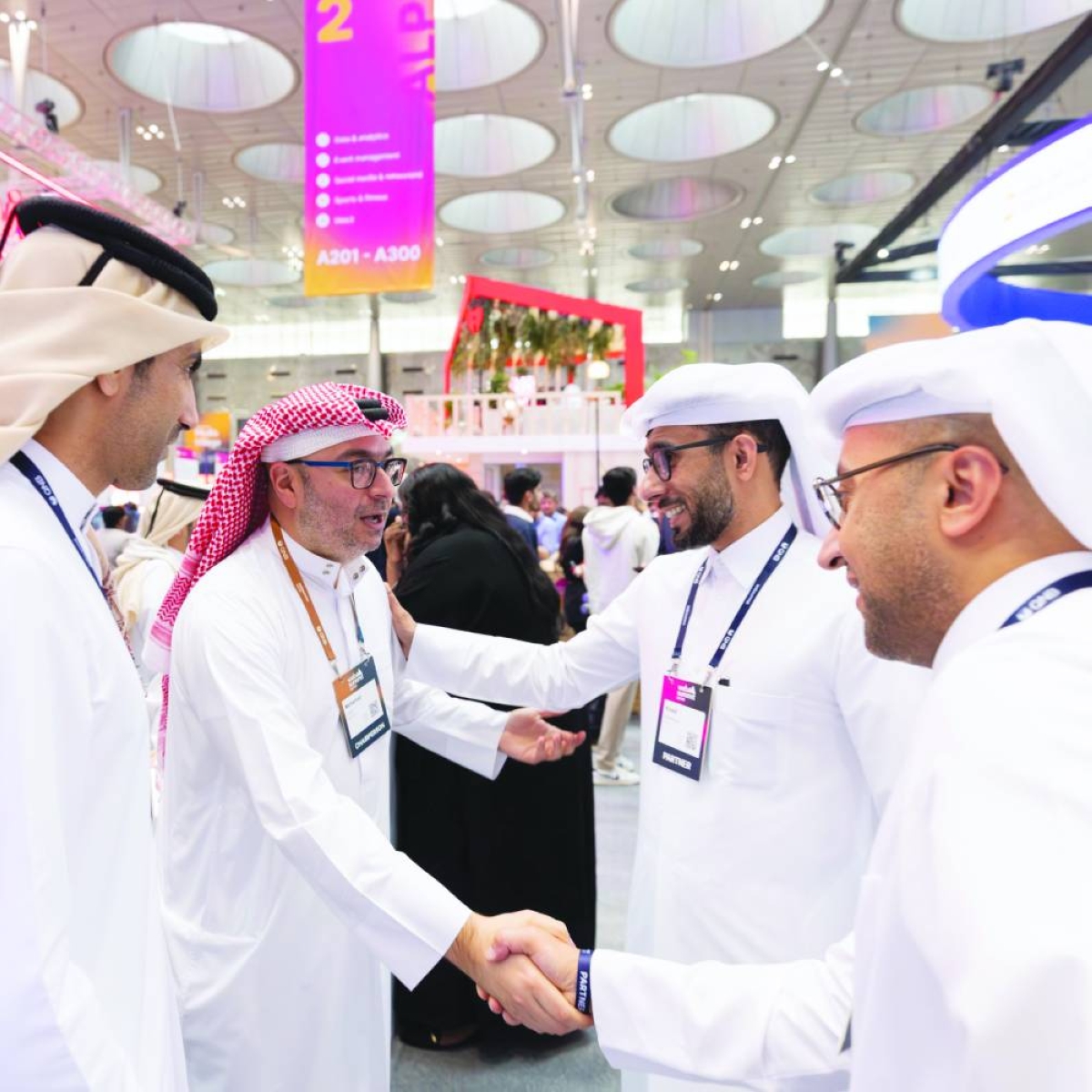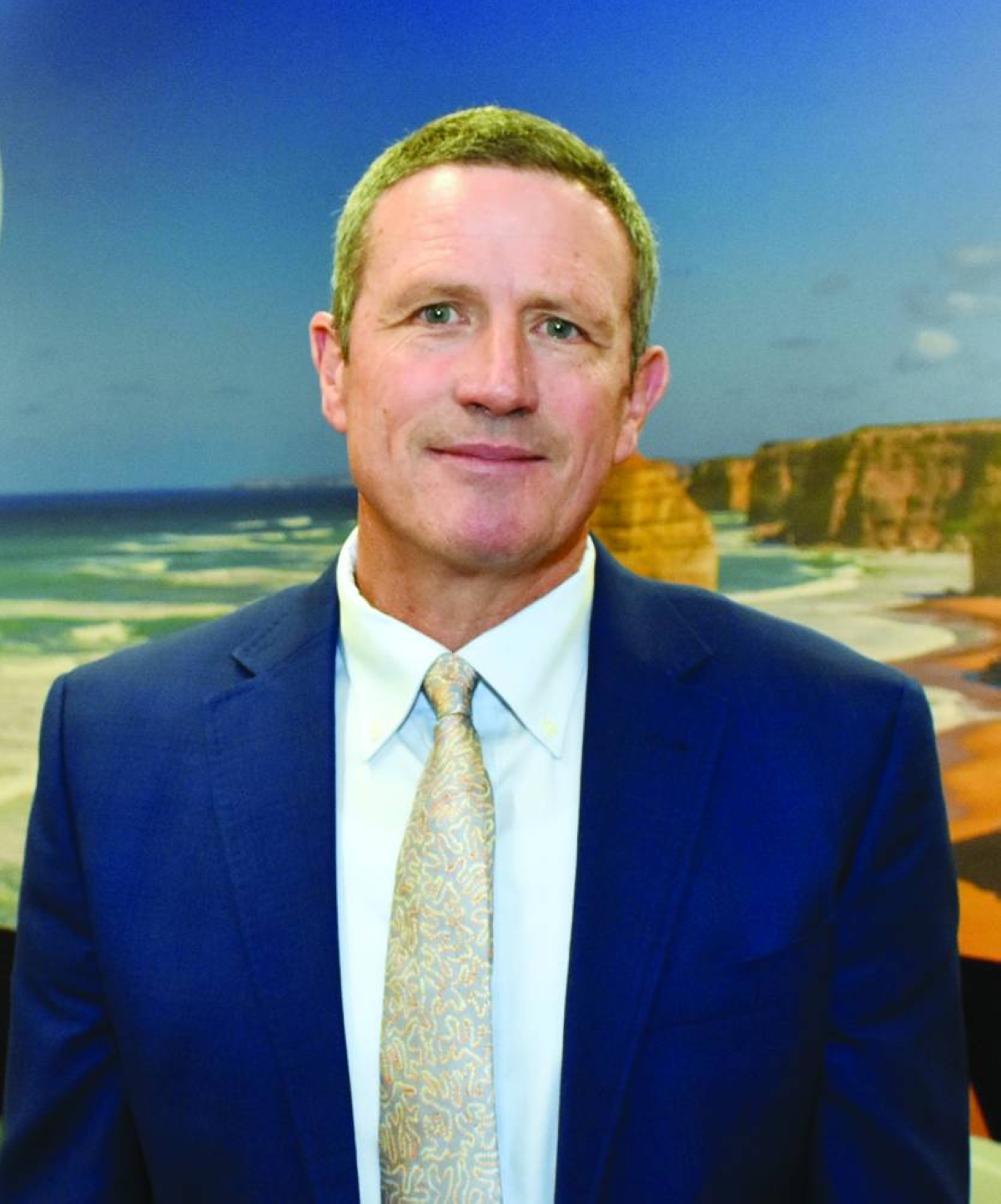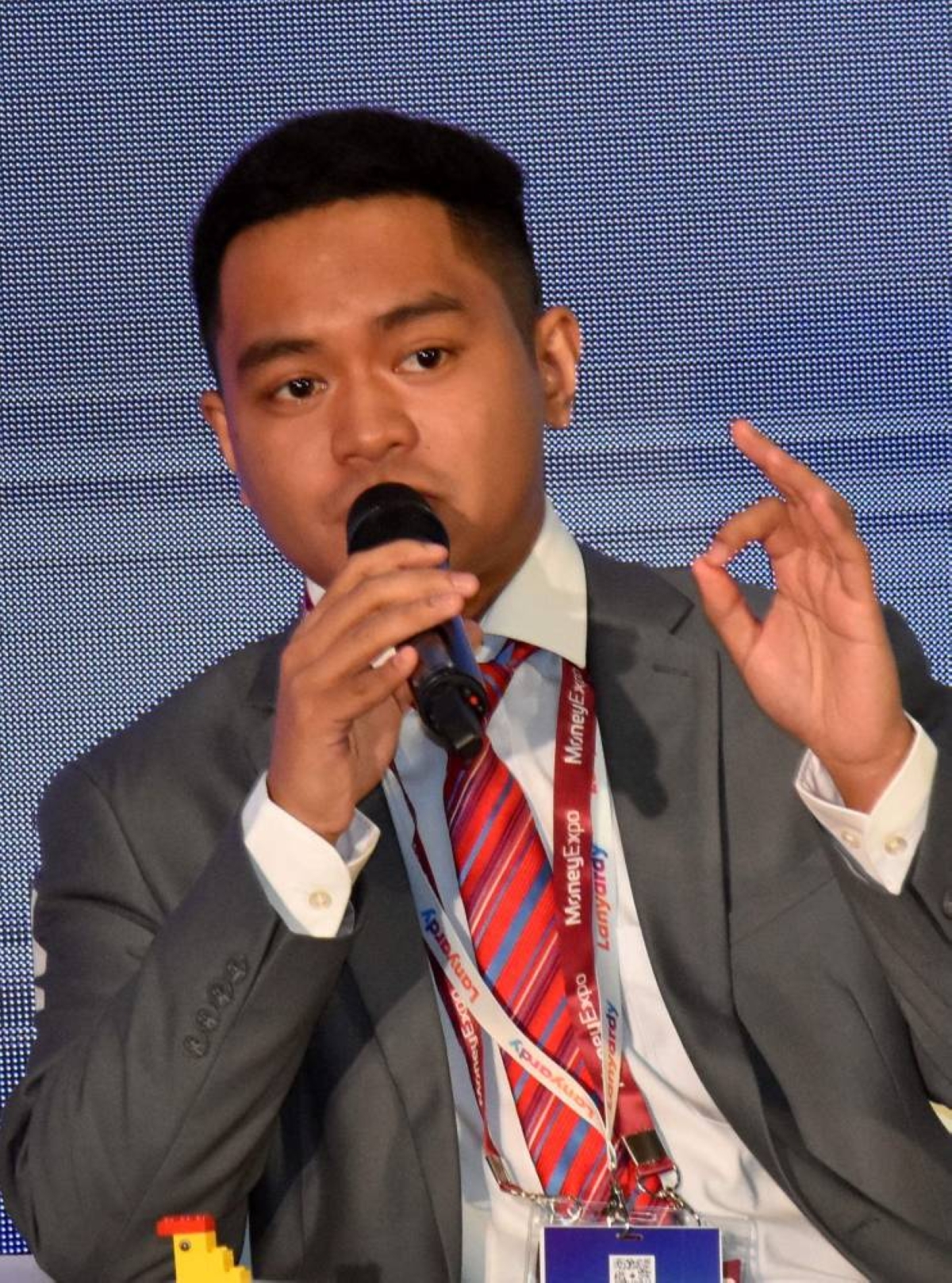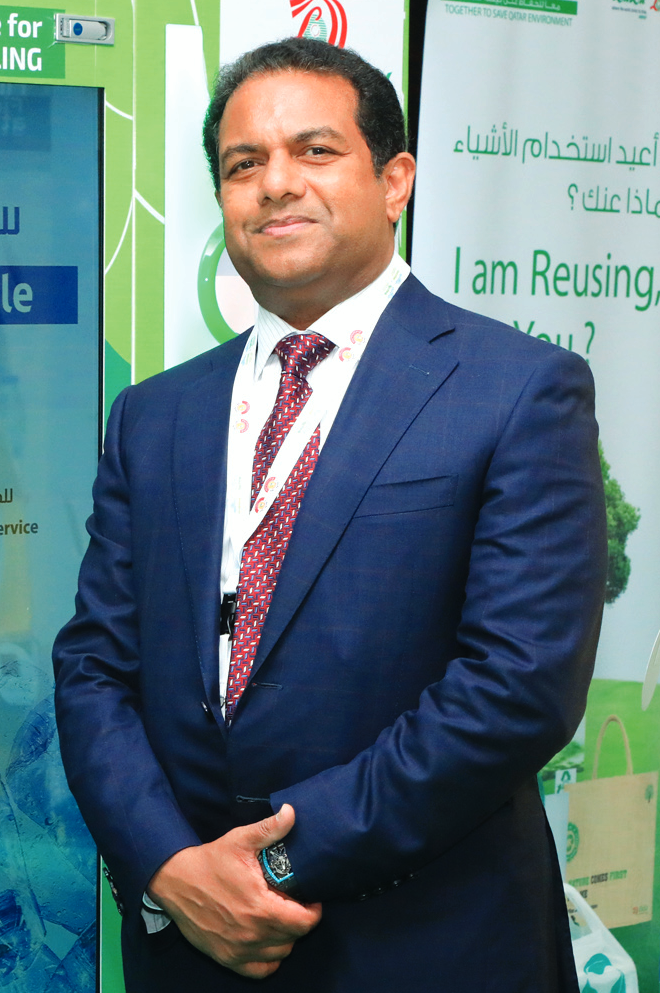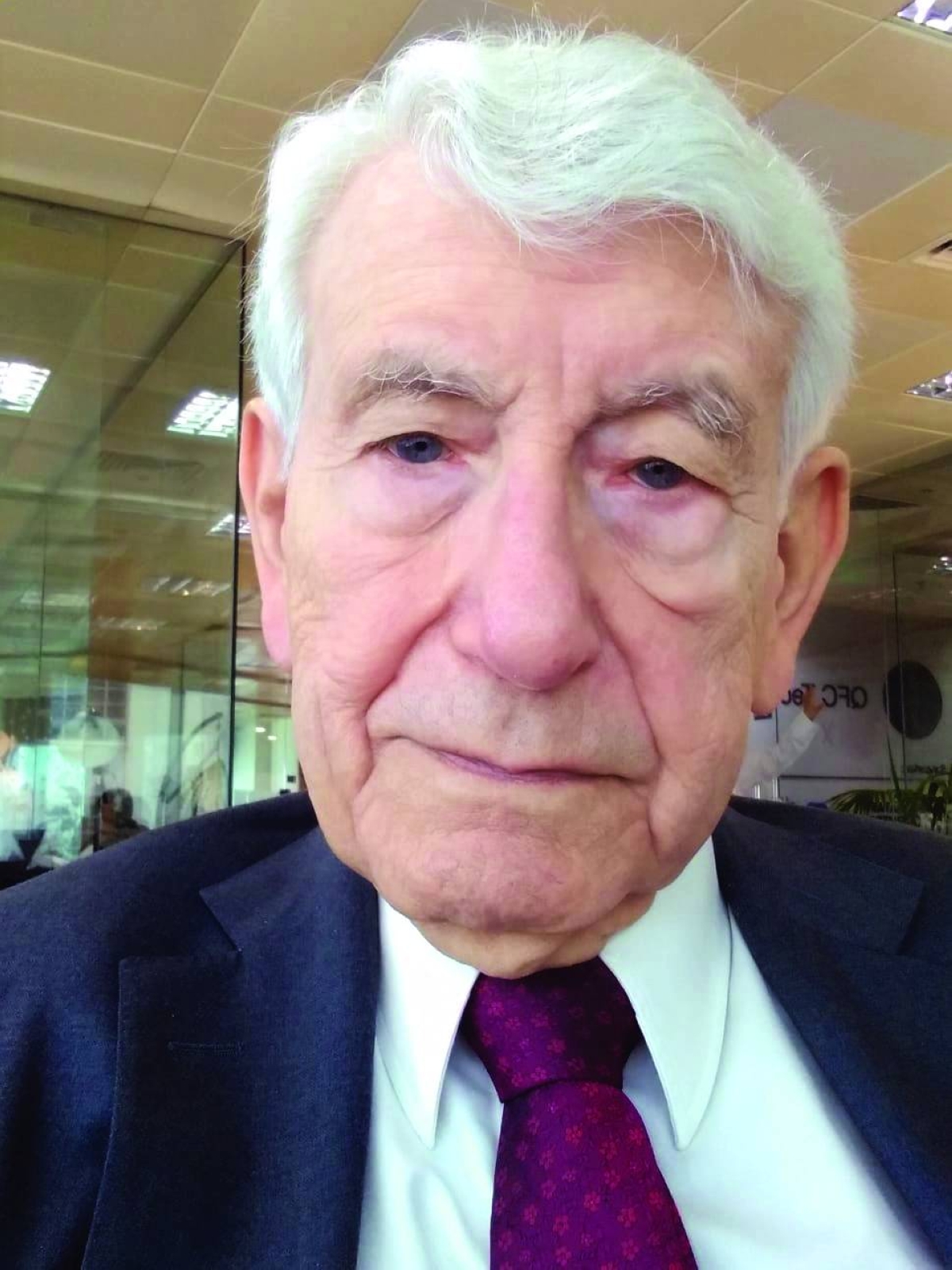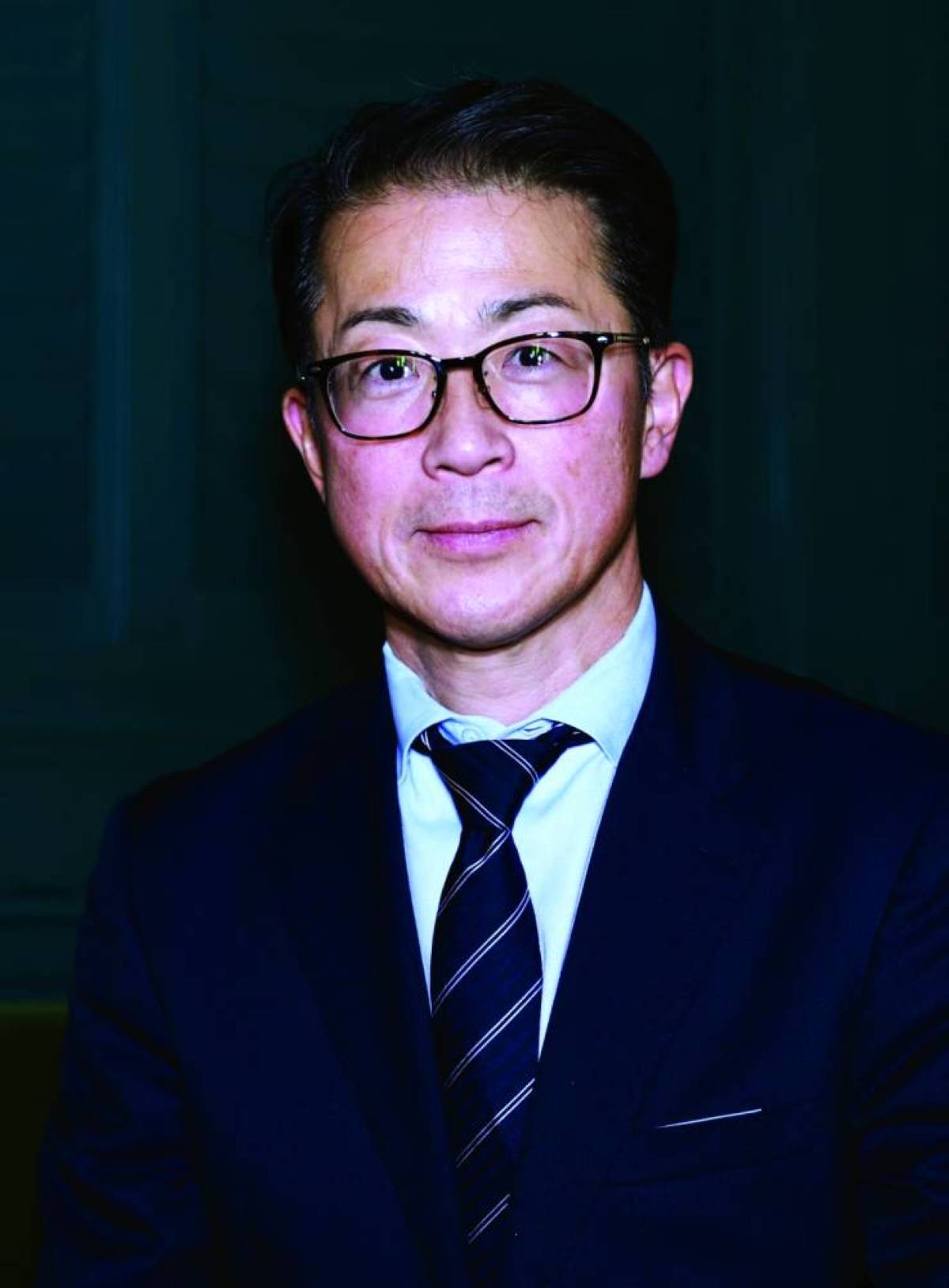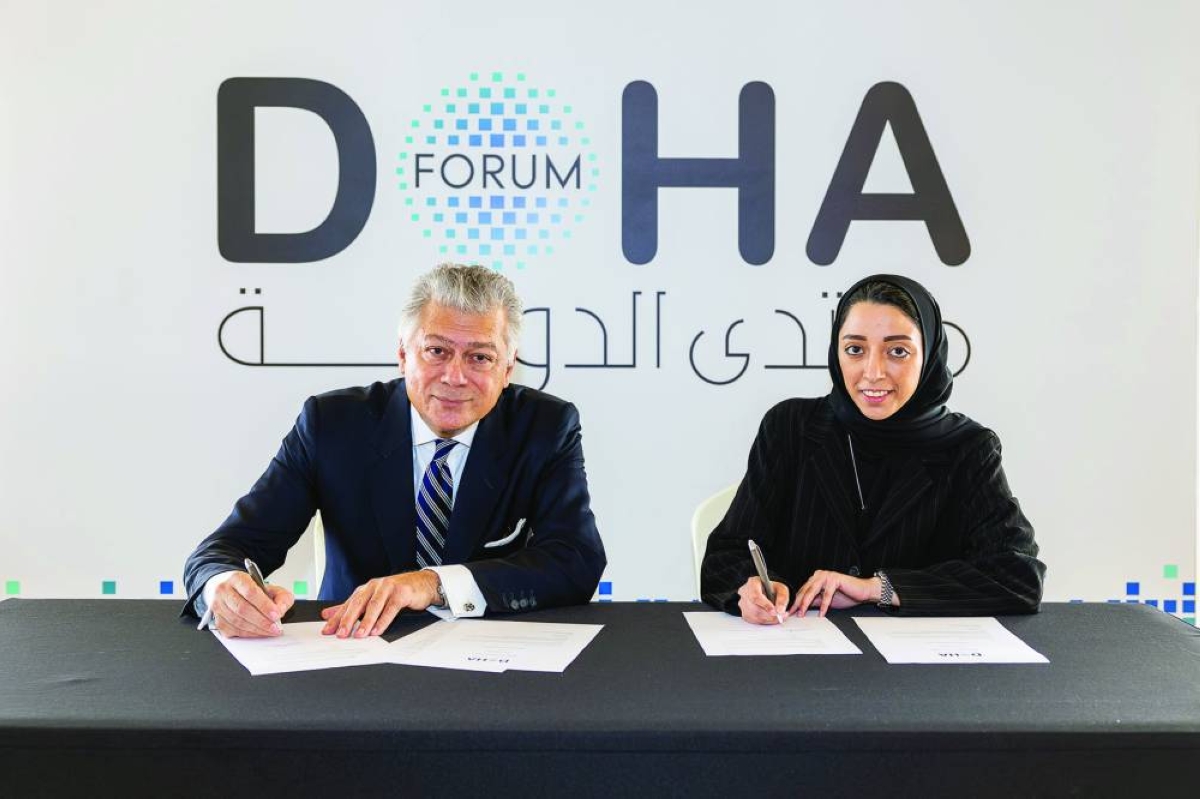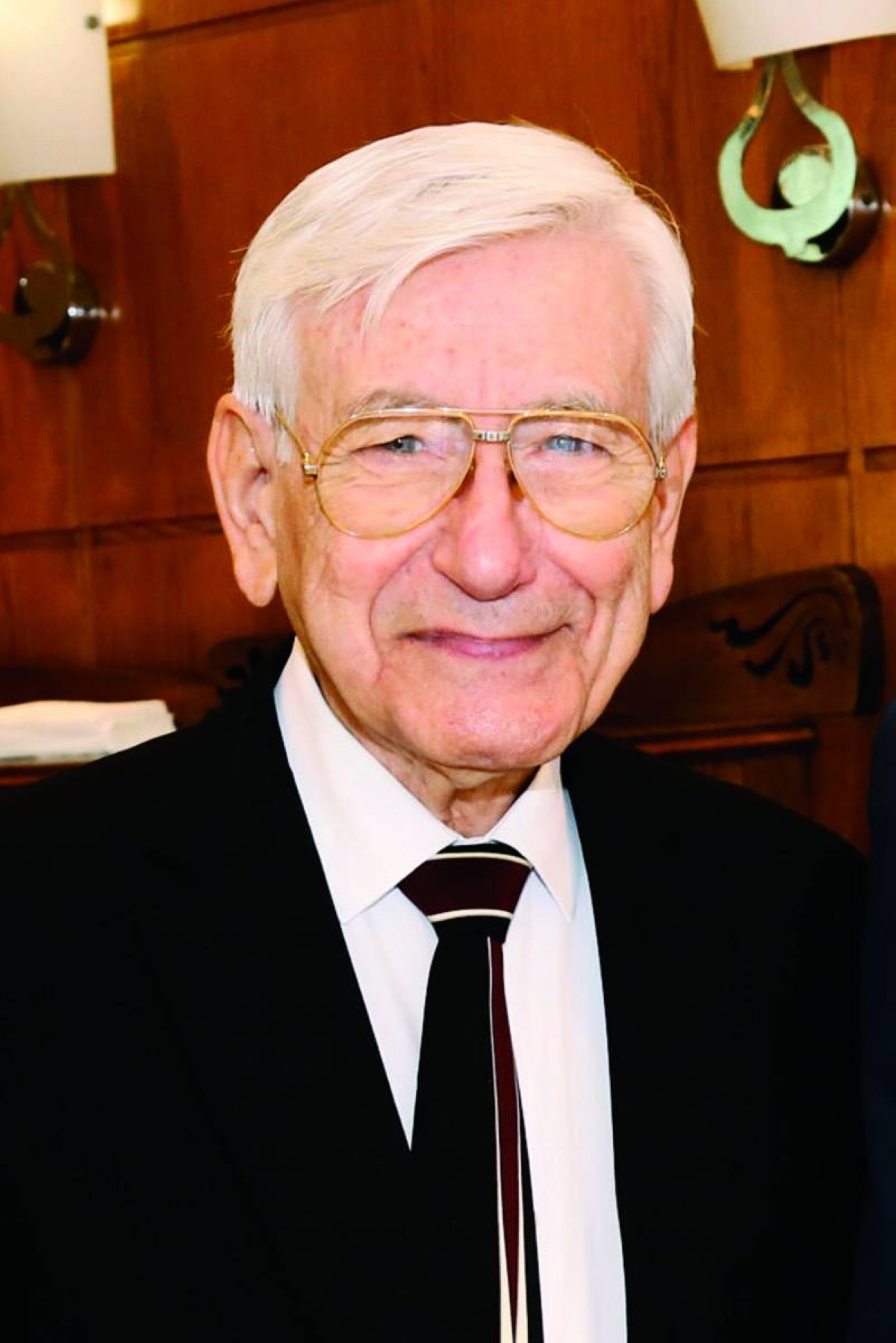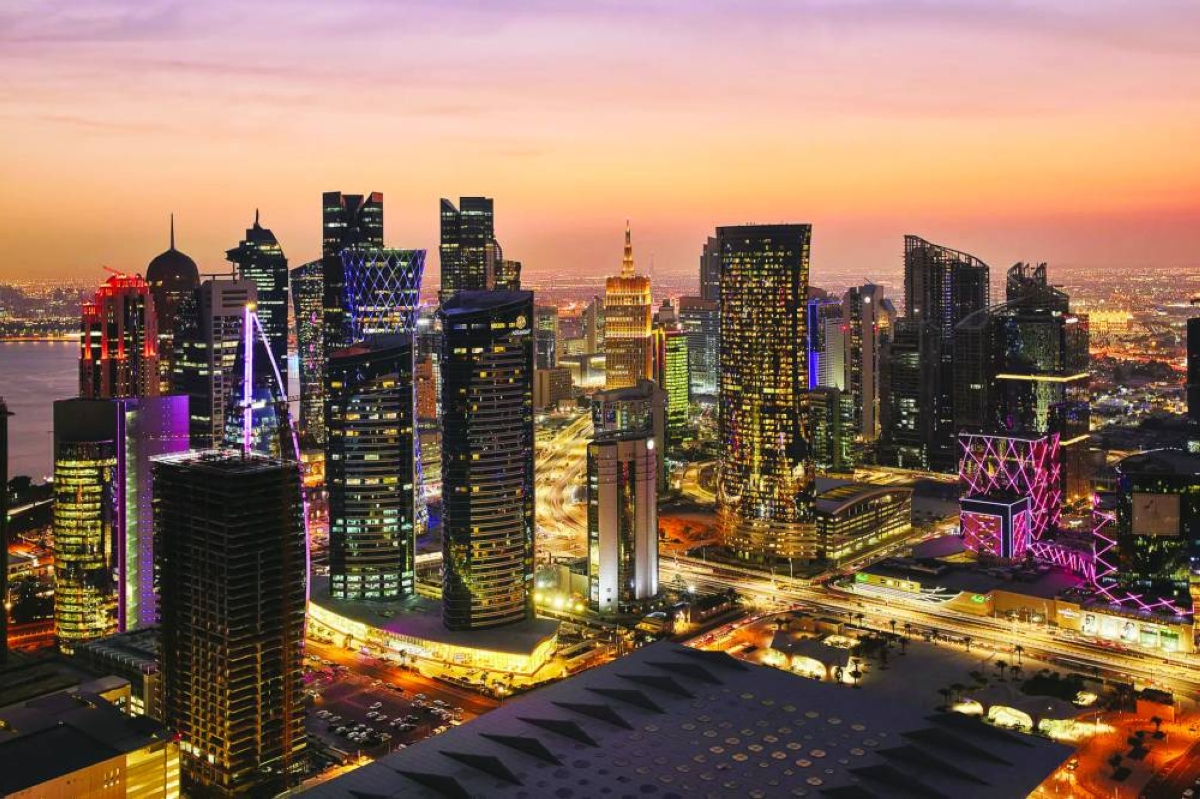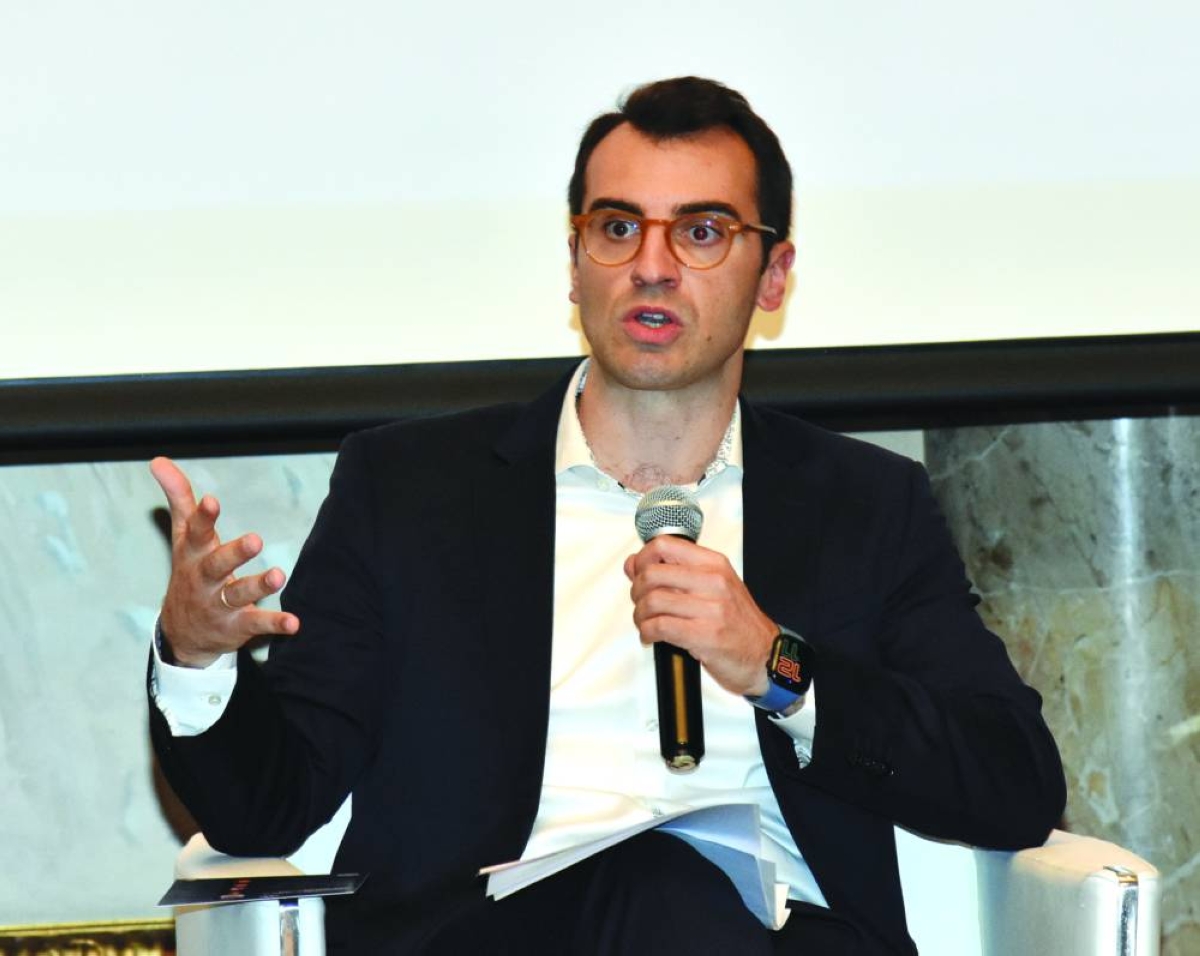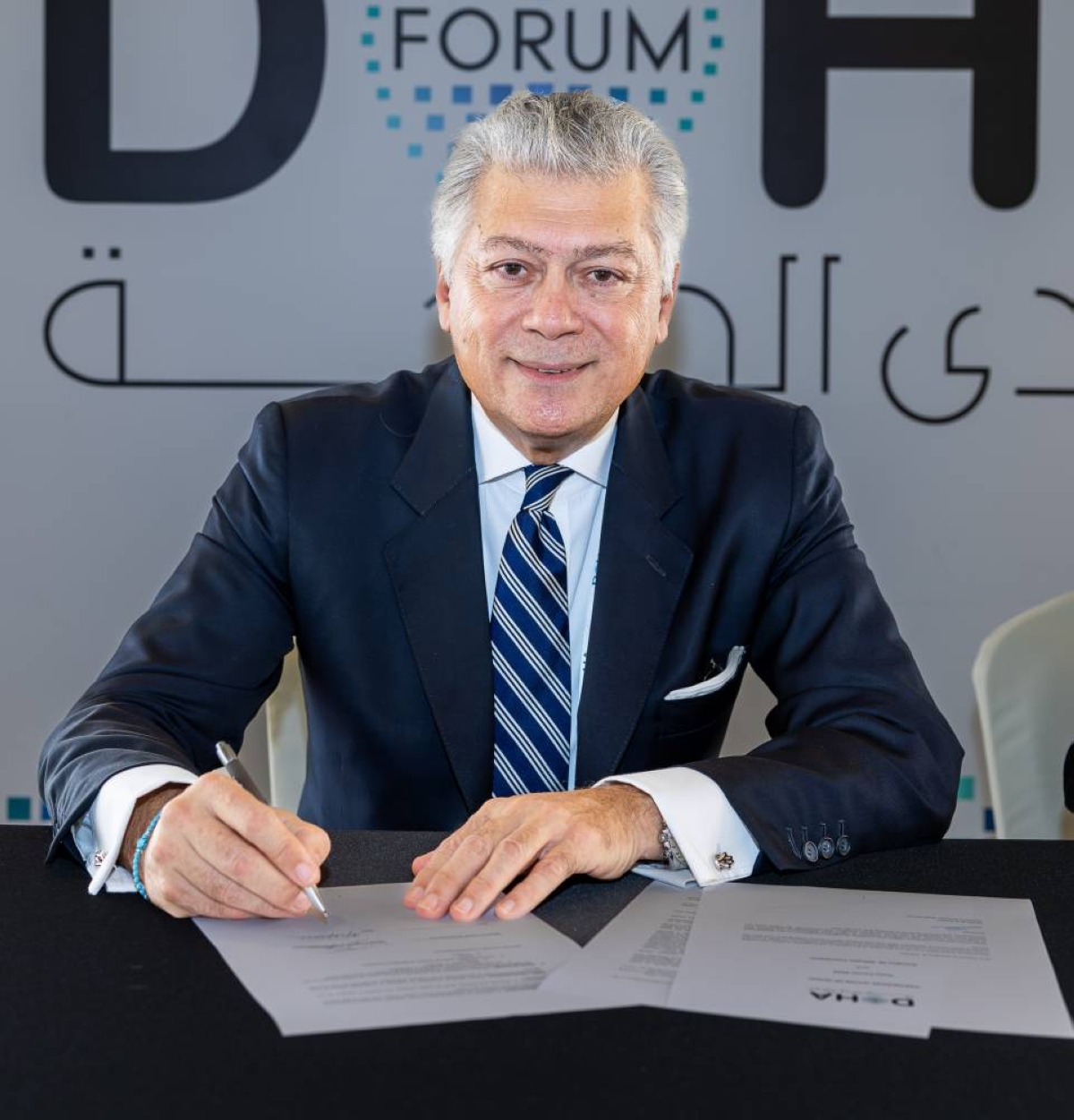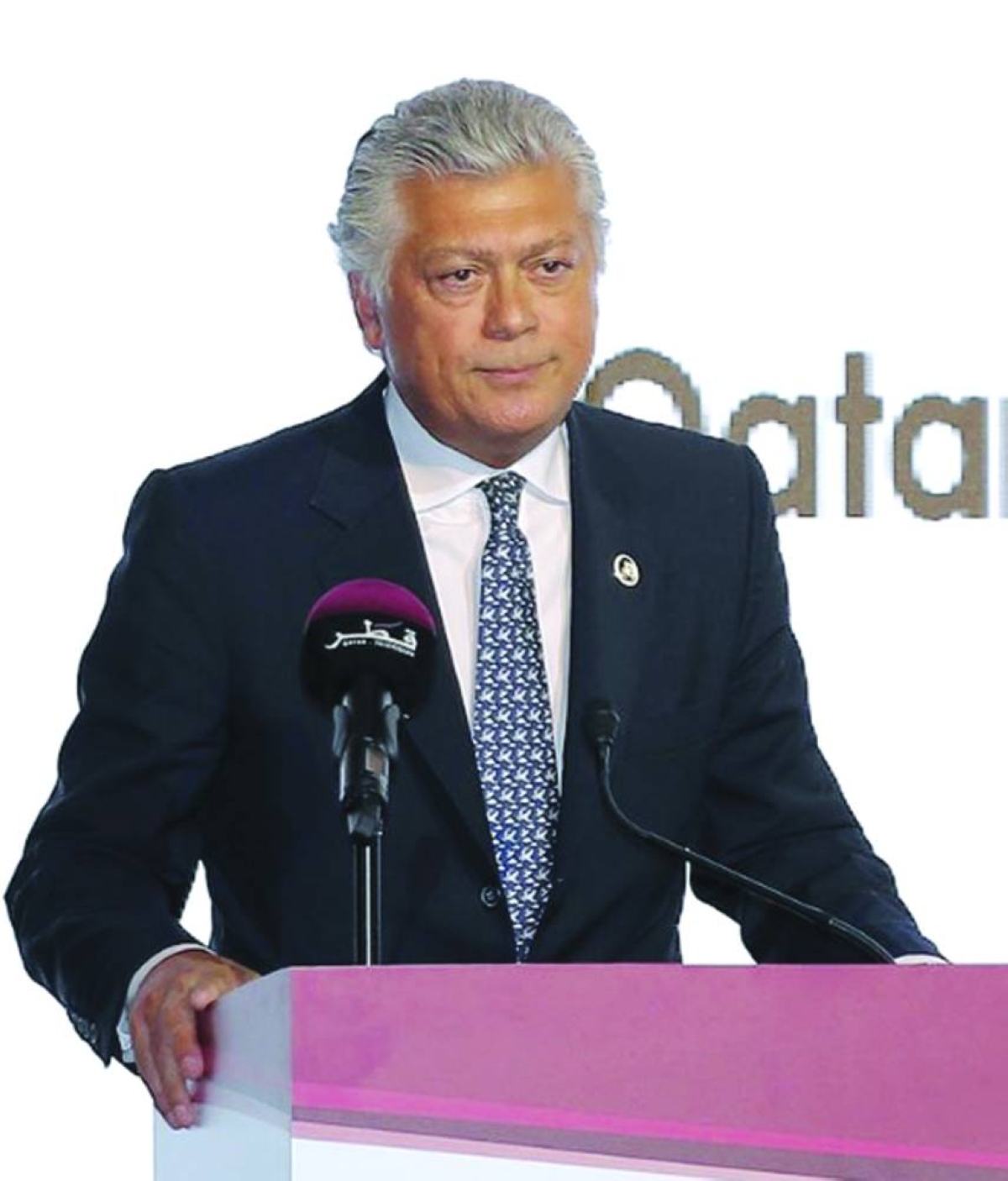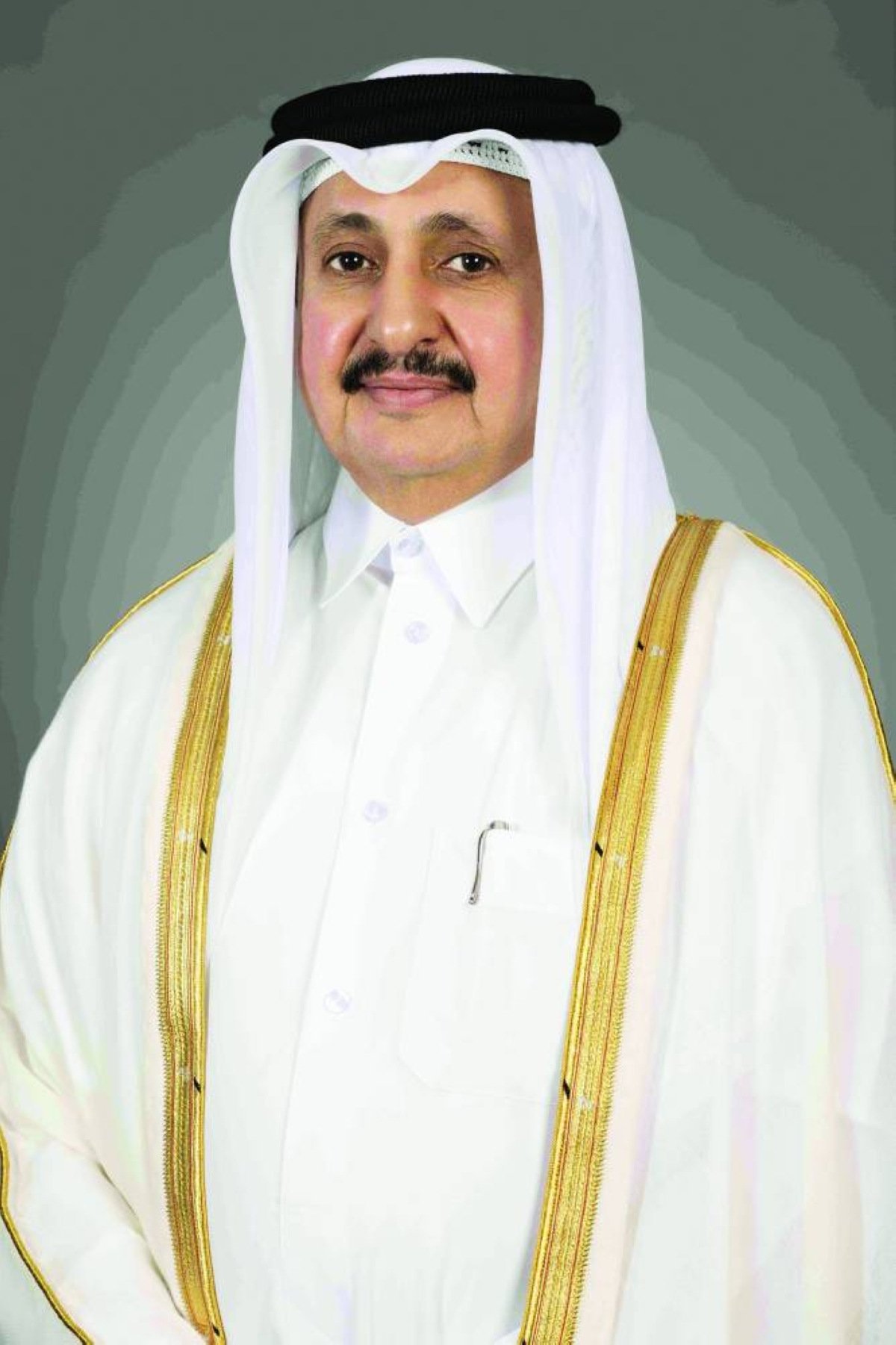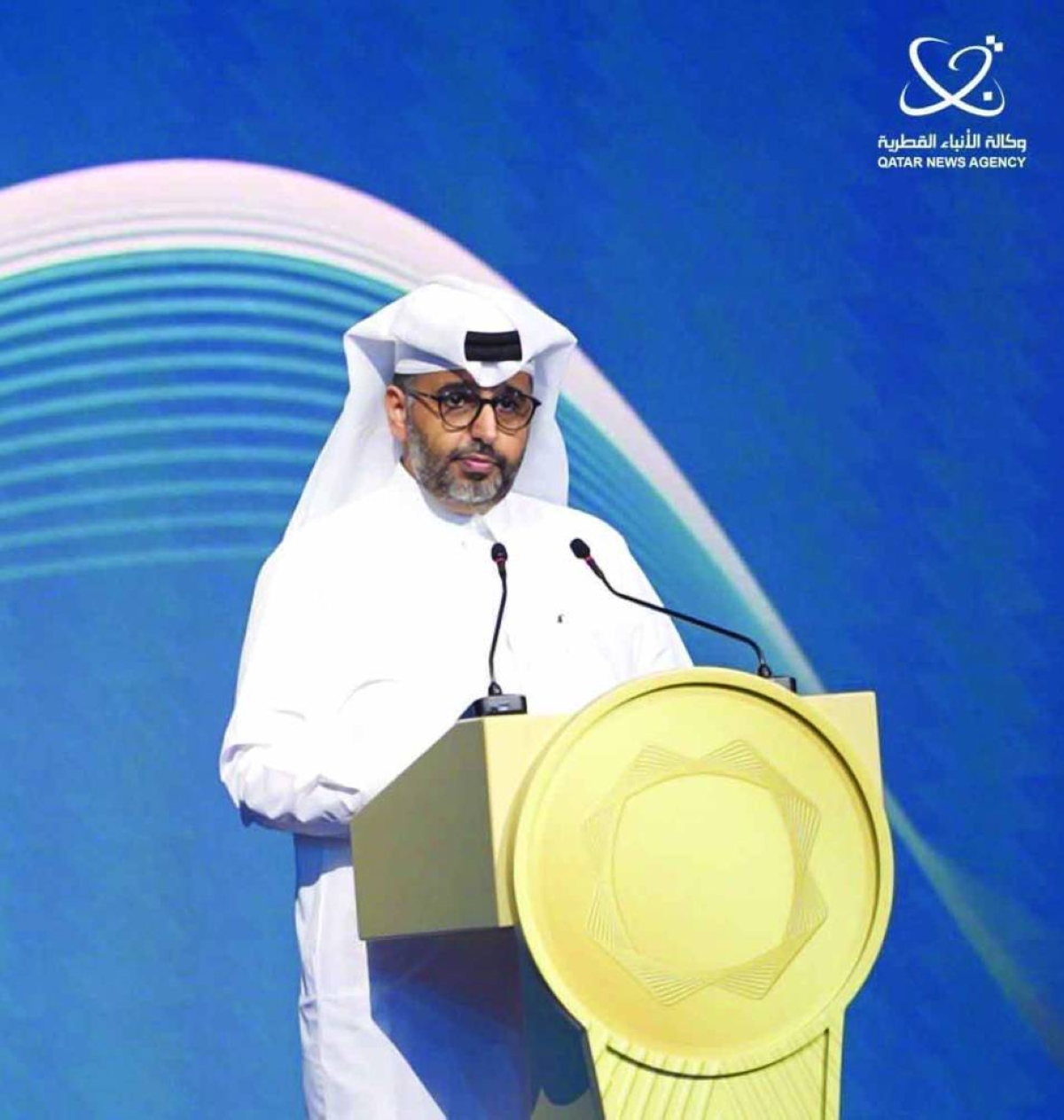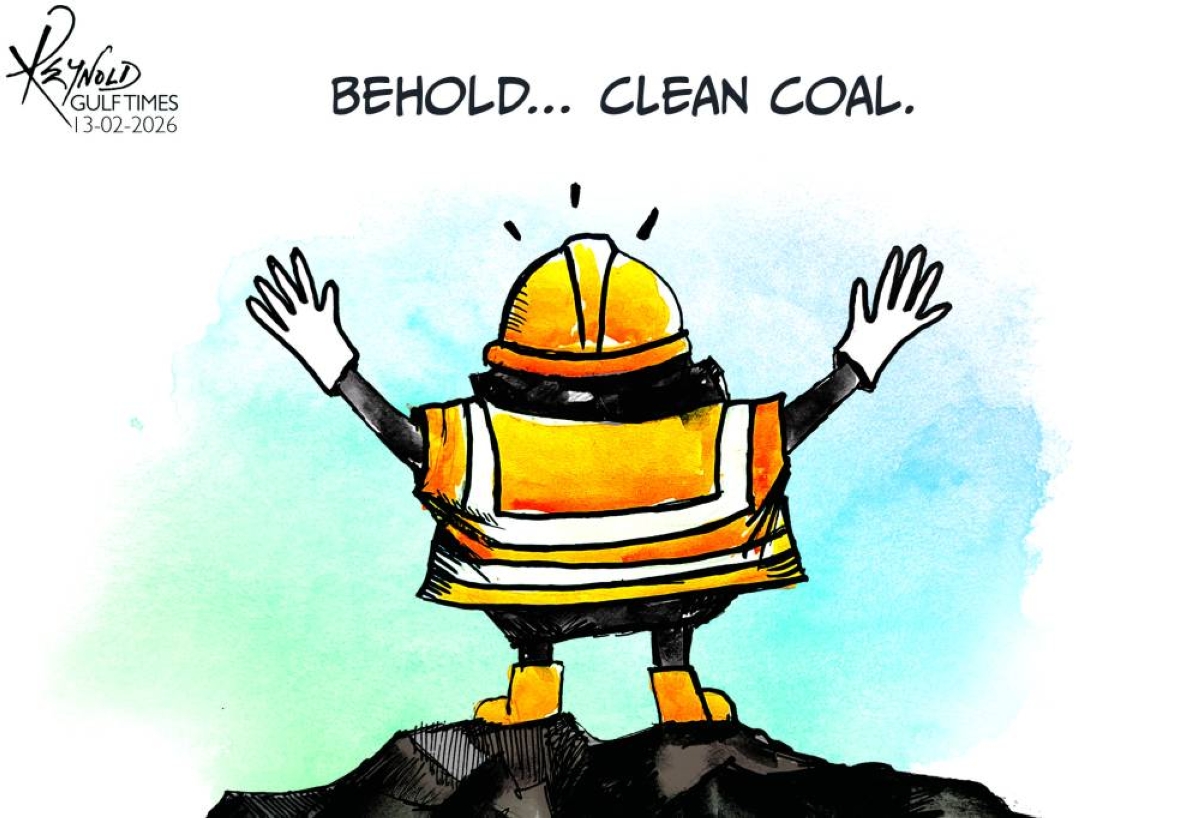Indian ambassador Vipul has underscored that the strategic partnership agreement signed in 2025 between India and Qatar is now shaping a year of “intense and continuous engagement” across diverse sectors, setting the tone for bilateral relations in 2026.“We signed the strategic partnership agreement in 2025 during the visit of His Highness the Amir Sheikh Tamim bin Hamad al-Thani, and that has given us a roadmap on what to work on and that is something that will continue during 2026, as well,” Vipul told Gulf Times on the sidelines of ‘India Utsav’ launched Sunday by LuLu Hypermarket Qatar at its Al Gharafa branch in celebration of India’s 77th Republic Day.The ambassador noted that His Highness the Amir’s visit to India last year catalysed a series of high-level exchanges, including ministerial visits and the inaugural Joint Business Council meeting. These interactions, he said, are laying the groundwork for the goals set by both leaderships.“After the state visit of His Highness the Amir to India, 2025 was a very important year for us, and there was a lot of activity that got generated following this visit because the leadership of both our countries set some very important goals for all of us to work on,” Vipul pointed out.Vipul explained that the roadmap extends beyond traditional trade and investment, encompassing emerging areas, such as technology, sustainability, and artificial intelligence (AI). He emphasised that both nations are committed to advancing co-operation in these fields.The ambassador also highlighted the strength of people-to-people connections, which he said underpin the bilateral relationship and extend into business, academia, and venture capital. “There is so much of close connect...people who are in business, who are on the technology side, who are venture capitalists, people who are into academics and everything,” he noted.According to Vipul, he is anticipating that 2026 will see continued ministerial and official visits, reinforcing the strategic objectives agreed upon by the two countries’ leadership. “There is groundwork that has been done to give shape to the goals and objectives that have been set by the leadership of both our countries,” he emphasised.He also pointed to the target of doubling bilateral trade by 2030, stressing that while gas remains a major component, India’s growing manufacturing base, from electronics to automobiles and food products, offers new expansion opportunities.Vipul added that the strategic partnership agreement provides a clear framework for both sides to deepen co-operation, ensuring that 2026 becomes "a year of sustained progress across multiple dimensions of the relationship."

Peter Alagos
Peter Alagos reports on Business and general news for Gulf Times. He is a Kapampangan journalist with a writing career of almost 30 years. His photographs have been published in several books, including a book on the 1991 Mt. Pinatubo eruption launched by former Philippine president Fidel V. Ramos. Peter has also taught journalism in two universities.
Most Read Stories

